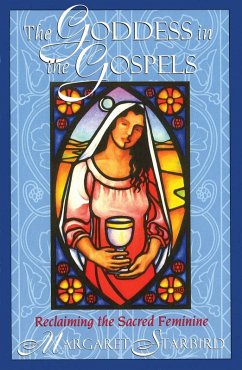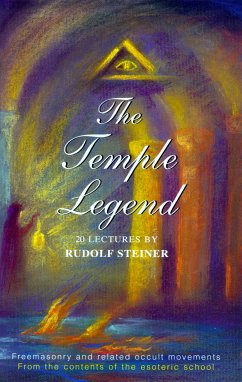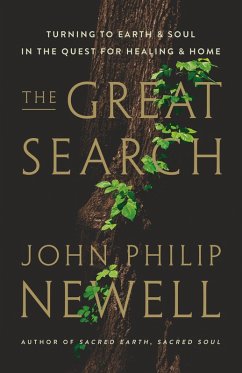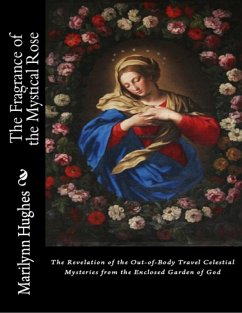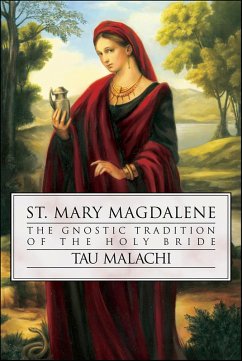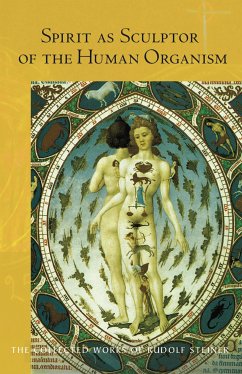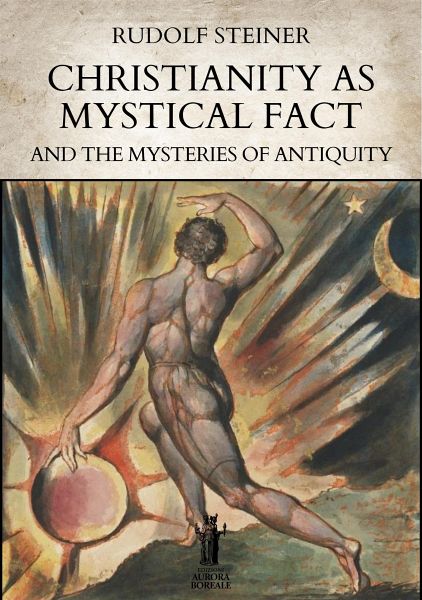
Christianity as Mystical Fact and the Mysteries of Antiquity (eBook, ePUB)
Versandkostenfrei!
Sofort per Download lieferbar
3,99 €
inkl. MwSt.
Weitere Ausgaben:

PAYBACK Punkte
2 °P sammeln!
Rudolf Steiner (1861-1925) was an Austrian architect, philosopher, initiate, esotericist, and clairvoyant. He is considered one of the greatest and most influential spiritual masters of the twentieth century. Christianity as Mystical Fact, a Steiner's primitive and fundamental work, first published in 1902, intends to demonstrate how Christianity was born from what had been prepared in the pre-Christian Mysteries. This is a theory that is certainly questionable and refuted by many philosophers and intellectuals, including Arturo Reghini and Friedrich Nietzsche. However, this book constitutes t...
Rudolf Steiner (1861-1925) was an Austrian architect, philosopher, initiate, esotericist, and clairvoyant. He is considered one of the greatest and most influential spiritual masters of the twentieth century. Christianity as Mystical Fact, a Steiner's primitive and fundamental work, first published in 1902, intends to demonstrate how Christianity was born from what had been prepared in the pre-Christian Mysteries. This is a theory that is certainly questionable and refuted by many philosophers and intellectuals, including Arturo Reghini and Friedrich Nietzsche. However, this book constitutes the foundation of Rudolf Steiner's thought and of the theories that he will later develop more completely on the nature of Christ and Christianity. Christianity, in reality, was not simply a further and natural development of the wisdom and theological doctrines of the ancient mystery cults, but a completely new phenomenon, absolutely foreign to Western Tradition. A doctrine artfully crafted with the aim of social control and domination of consciences, destined to destroy the freedom and religious plurality that had characterized the civilizations of the Mediterranean and the Roman Empire for centuries. According to Steiner, «The Cross of Golgotha gathers together in one fact the whole cult of the Mysteries of antiquity. We find the cross first in the ancient cosmogonies. At the starting-point of Christianity it confronts us in an unique event which has supreme value for the whole of mankind. It is from this point of view that it is possible for the reason to apprehend the mystical element in Christianity. Christianity as a mystical fact is a milestone in the process of human evolution; and the incidents in the Mysteries, with their attendant results, are the preparation for that mystical fact».
Dieser Download kann aus rechtlichen Gründen nur mit Rechnungsadresse in A, B, BG, CY, CZ, D, DK, EW, E, FIN, F, GR, HR, H, IRL, I, LT, L, LR, M, NL, PL, P, R, S, SLO, SK ausgeliefert werden.






